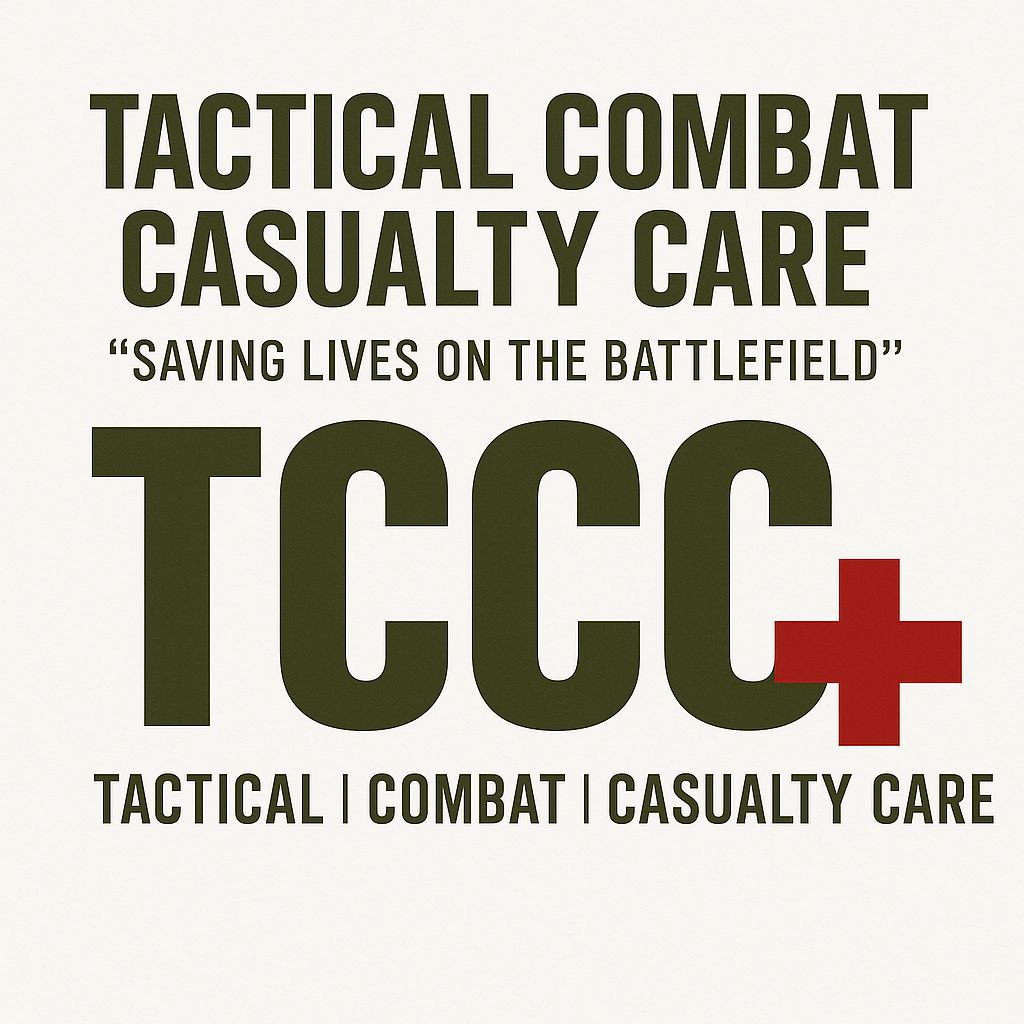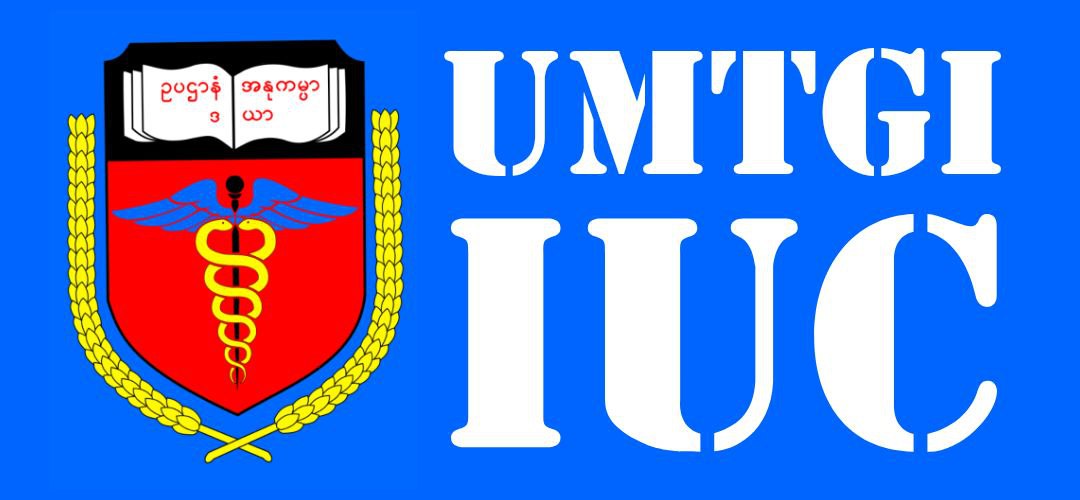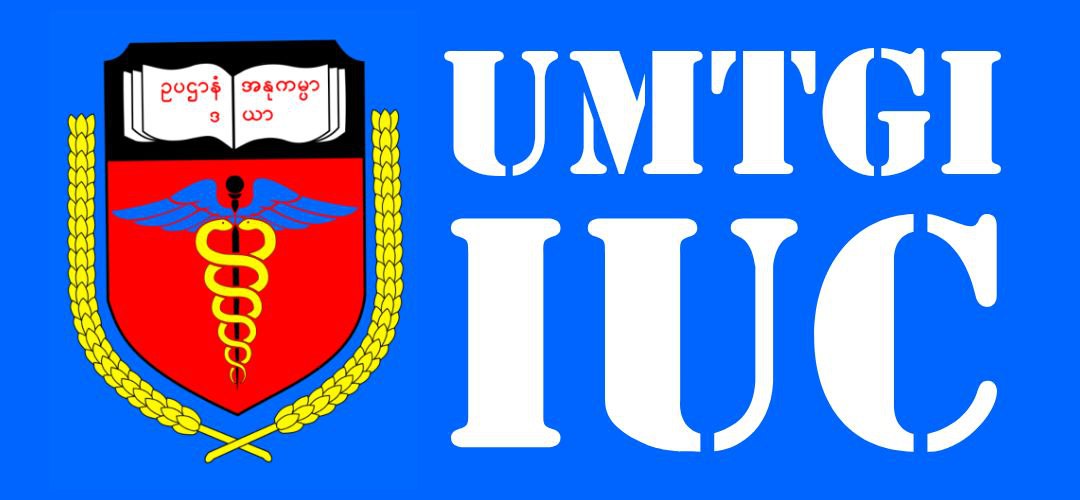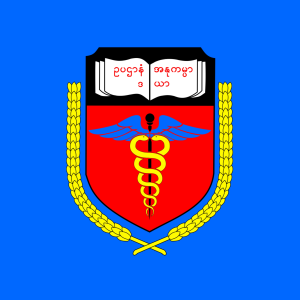
Certificate in TCCC
Course Description: This course is designed to equip medical students with the essential skills and knowledge required to provide immediate and effective medical care in tactical combat situations. Tactical Combat Casualty Care (TCCC) is a vital component in the training of healthcare professionals, enabling them to respond adeptly to injuries in high-stress and dynamic environments.
Why Teach TCCC: In today's Myanmar current conflict situation, healthcare professionals may find themselves in challenging and unpredictable situations, especially in conflict zones/war zones or disaster-stricken areas. TCCC provides medical students with a specialized skill set that goes beyond traditional medical training, preparing them to deliver life-saving interventions in austere and resource-limited conditions.
- Teacher: UMTGI IUC Admin 002

Secularism is The Principle of Separation of the State from religious institutions.´´
? ဘာသာရေးအဖွဲ့အစည်းတွေဟာ State တွေအပေါ် ဘယ်လိုလွမ်းမိုးမှုရှိလဲ?
? အဲ့လိုလွမ်းမိုးမှုကြောင့် ဘယ်လို အကျိုးဆက်တွေဖြစ်လာနိုင်လဲ?
? ဘာသာရေးအဖွဲ့အစည်းတွေကို State တွေကနေ ဘာကြောင့် သီးသန့်ခွဲထုတ်ဖို့ လိုအပ်နေရတာလဲ?
Lecturer - Ko Hein Htet Kyaw (Burmese Atheist, Libertarian Marxism Myanmar)

Why should we know Federalism?
- Division of Powers
- Checks and Balances
- Local Autonomy
- Stability and Flexibility
- Conflict Resolution
Lecturer - Anonymous (The River College)

Why should we know about CDM?
- အကြမ်းမဖက် လူထုလှုပ်ရှားမှုအယူအဆဟာ အလုပ်ဖြစ်ရဲ့လား?
- အကြမ်းမဖက် လူထုလှုပ်ရှားမှုဟာ အောင်မြင်မှုတွေရော ရရဲ့လား?
- အကြမ်းမဖက်လူထုလှုပ်ရှားမှု ဟာ ဘာကြောင့်လိုအပ်တာလဲ?
Lecturer - Ko Ye Htet (Freedom Fighter)

Applied ECG Course For Junior Doctors
Course Description: This six-week course is intended to give beginner healthcare students and practitioners a head start on understanding, analyzing, and interpreting basic electrocardiogram (ECG) rhythms. At the end of the course, the participant can methodically analyze and interpret fundamental ECG rhythms originating from various anatomical regions of the heart.
- Teacher: IUC T010
- Teacher: Medicine T1
- Teacher: Surgery T1
- Teacher: Medicine T2
- Teacher: Medicine T4
- Teacher: Medicine T5
- Teacher: Surgery T5

Point-of-Care Ultrasound (POCUS) Course for junior doctors”
Course Description: This Point-of-Care Ultrasound (POCUS) course is primarily intended for primary care junior doctors to help in making clinical management decisions in the care of patients. POCUS is not designed to replace the traditional, detailed ultrasound exam. POCUS relies on the integration of patient history, physical examination and the ultrasound performed and interpreted by the clinician at the point of care. The course begins with the introduction of basic knowledge and sonography principles. It also covers the major topics like FAST, E-FAST, solid organ injuries and practical points in acute abdominal pain.
- Teacher: Medicine T1
- Teacher: Medicine T2
- Teacher: Medicine T4
- Teacher: Medicine T5

Introduction to Academic Writing
Course Description: Academic Writing is a comprehensive course designed to equip students with the essential skills and strategies necessary for effective scholarly expression across various disciplines. This course delves into the intricacies of academic writing, focusing on clarity, coherence, and precision in communication. Through a combination of lectures, workshops, and practical exercises, students will learn how to craft well-structured essays, research papers, reports, and other academic documents. Emphasis will be placed on developing critical thinking skills, conducting thorough research, and synthesizing information from credible sources.

Research Methodology
Course Description: Research Methodology is a fundamental course designed to provide
students with a comprehensive understanding of the principles,
techniques, and ethical considerations involved in conducting research
across various disciplines. This course offers a systematic exploration
of research design, data collection, analysis, and interpretation,
empowering students to undertake rigorous and meaningful research
endeavors.
